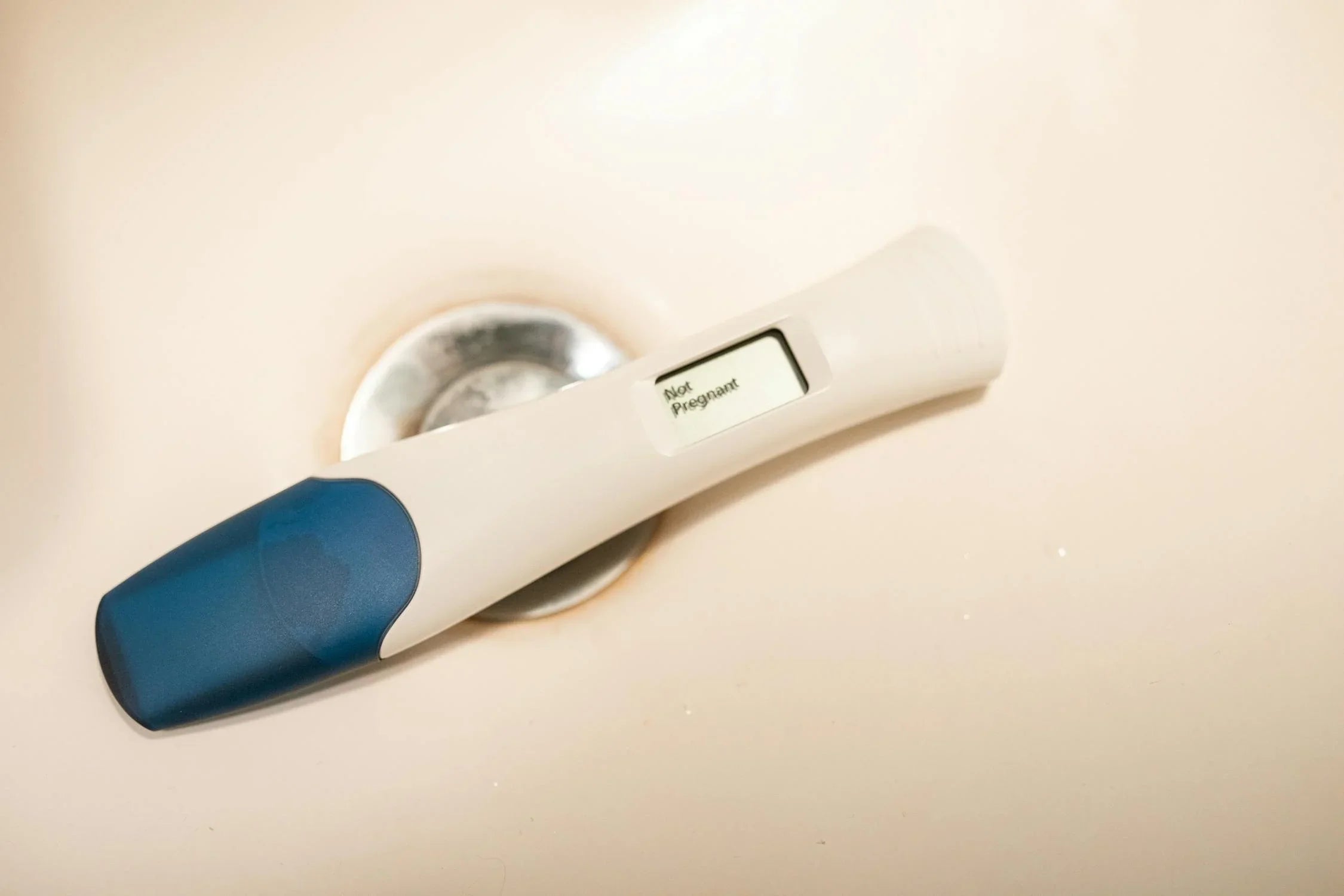Accueil
Pregnancy, Breastfeeding, and Pumping: The Ultimate Guide for Moms
When Should I Take an Early Pregnancy Test: A Comprehensive Guide

When Should I Take an Early Pregnancy Test: A Comprehensive Guide
Are you wondering when the best time is to take an early pregnancy test? Whether you're eagerly hoping for a positive result or nervously awaiting confirmation, timing is everything. This guide will walk you through everything you need to know about early pregnancy tests, from how they work to when and how to use them for the most accurate results.
Understanding Early Pregnancy Tests
Early pregnancy tests are designed to detect the presence of human chorionic gonadotropin (hCG), a hormone produced during pregnancy. This hormone is released when a fertilized egg attaches to the uterine lining, and its levels increase rapidly in the early stages of pregnancy. Most tests are designed to detect hCG in urine, making them convenient and easy to use at home.
How Do Early Pregnancy Tests Work?
These tests work by identifying the hCG hormone in your urine. When you take the test, a chemical reaction occurs if hCG is present, producing a positive result. The sensitivity of the test determines how early it can detect pregnancy. Some tests can detect hCG levels as low as 10 mIU/mL, allowing for earlier detection than standard tests.
When Should I Take an Early Pregnancy Test?
The timing of your test is crucial for accurate results. Here are some key factors to consider:
1. After a Missed Period
The most reliable time to take a pregnancy test is after you've missed your period. By this time, hCG levels are typically high enough to be detected by most tests. Testing too early can result in a false negative, even if you are pregnant.
2. One Week After Ovulation
If you're tracking your ovulation, you can test as early as one week after ovulation. However, this is only recommended if you're using a highly sensitive test. Keep in mind that hCG levels may still be too low to detect at this stage.
3. Early Morning Testing
For the most accurate results, take the test first thing in the morning. Your urine is more concentrated at this time, increasing the likelihood of detecting hCG if it's present.
Factors That Can Affect Test Results
Several factors can influence the accuracy of your pregnancy test. Understanding these can help you avoid false results:
1. Testing Too Early
As mentioned earlier, testing before hCG levels are high enough can lead to a false negative. If you suspect you're pregnant but get a negative result, wait a few days and test again.
2. Diluted Urine
Drinking too much fluid before taking the test can dilute your urine, making it harder to detect hCG. Stick to early morning testing or avoid excessive fluid intake before testing.
3. Expired or Faulty Tests
Always check the expiration date on your pregnancy test. Using an expired or faulty test can lead to inaccurate results. Follow the instructions carefully to ensure proper use.
Tips for Accurate Results
To maximize the accuracy of your early pregnancy test, follow these tips:
1. Read the Instructions
Every pregnancy test is different, so it's essential to read the instructions thoroughly. This will ensure you're using the test correctly and interpreting the results accurately.
2. Use a Highly Sensitive Test
If you're testing early, opt for a test with high sensitivity. These tests can detect lower levels of hCG, increasing your chances of an accurate result.
3. Wait for the Right Time
Patience is key. Waiting until after your missed period or at least one week after ovulation will give you the most reliable results.
What to Do After a Positive Result
If your test comes back positive, it's time to take the next steps. Schedule an appointment with your healthcare provider to confirm the pregnancy and discuss your options. They can provide guidance on prenatal care and answer any questions you may have.
What to Do After a Negative Result
A negative result can be disappointing, especially if you're hoping to conceive. If you still suspect you're pregnant, wait a few days and test again. If your period doesn't arrive and you continue to get negative results, consult your healthcare provider to rule out other potential issues.
Timing is everything when it comes to taking an early pregnancy test. By understanding how these tests work and following the tips outlined in this guide, you can increase your chances of getting accurate results. Whether you're hoping for a positive or negative outcome, knowing when to test can make all the difference.
Partager
